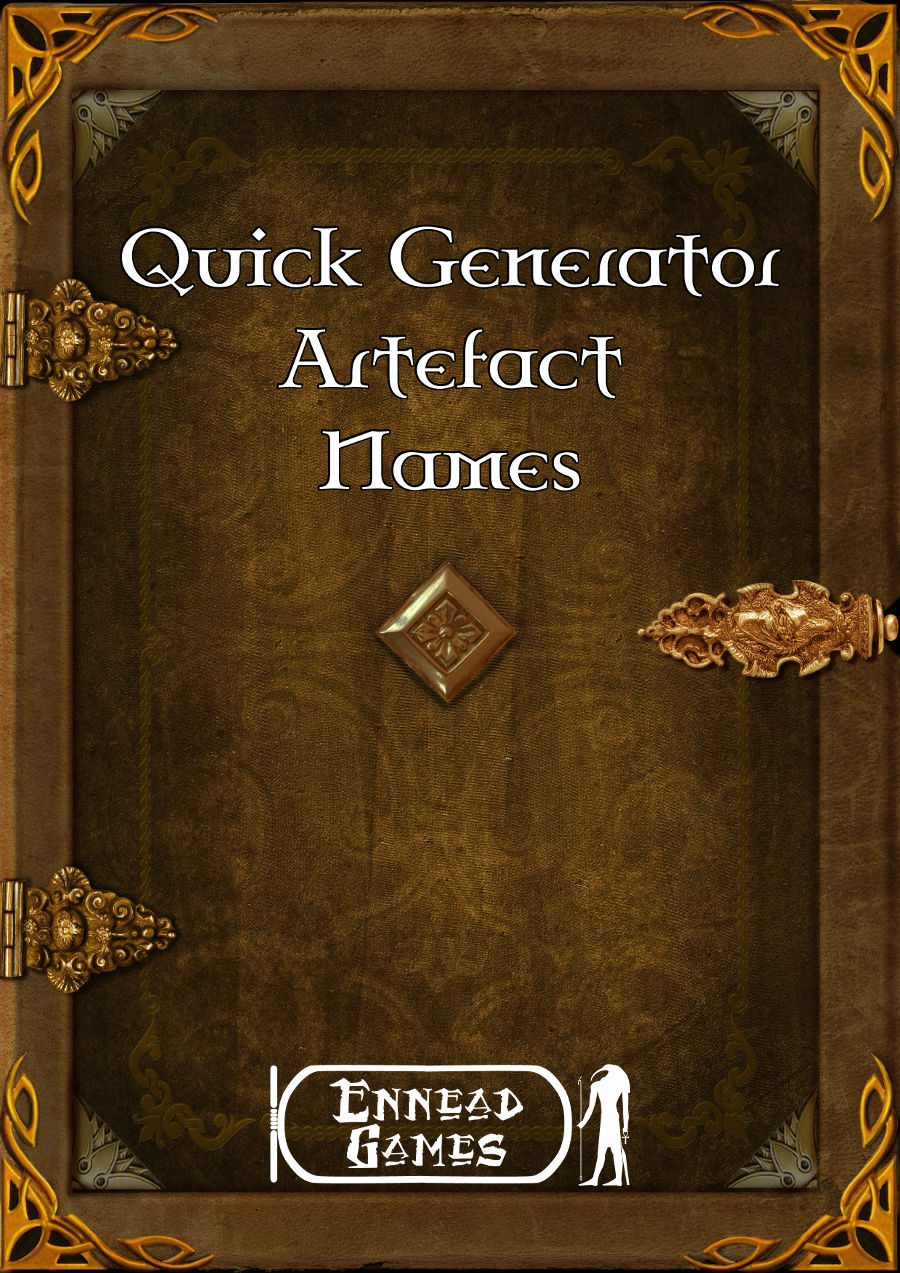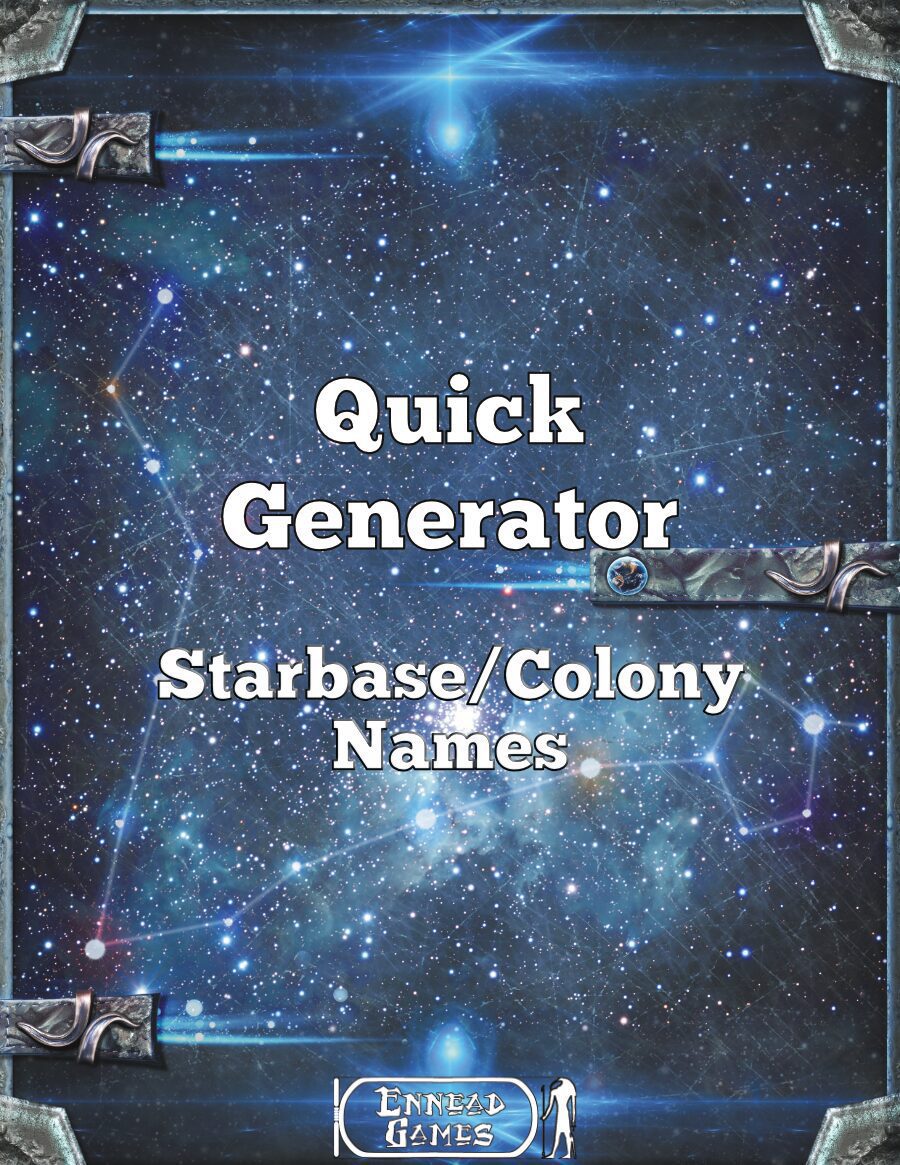Yesterday I was doing some prep-work for the upcoming game of “Star Trek Adventures” I’m running on Saturday. This will probably be the last game before the campaign starts properly in the new year. The scenario I am running for my players is titled “Kobayashi Maru”. For those familiar with Star Trek and it’s lore , I need to say no more. For everyone who is not familiar with those words, the Kobayashi Maru, according to Memory Alpha
“The Kobayashi Maru scenario was an infamous no-win scenario that was part of the curriculum for command-track cadets at Starfleet Academy in the 23rd century. It was primarily used to assess a cadet’s discipline, character and command capabilities when facing an impossible situation, as there is no (legitimate) strategy that will result in a successful outcome.”
This got me thinking. In many games or scenarios or sessions, there is normally a way for the characters to “win”. This could be with powerful spells, knowledge or other potent abilities. But, this should, in my opinion, not always be the case.
I believe that showing the characters that sometimes, no matter what they do, something bad will happen. If they go kill the dragon, the army will wipe out their home city. If they go after the army, the dragon will attack and destroy the only farmland not affected by the crop blight. No matter what they do, something bad WILL happen.
Now I am not suggesting in any way that every encounter should be a NWS. In fact quite the opposite. If it happens too much then you run the risk of the characters, or even worse the players, thinking “What’s the point…Nothing I do matters…” But I do believe it should happen at least once per campaign. It doesn’t have to something major, like an invasion. The personal level works and in some cases might be more impactful.
For example, your character could be asked to advise a local village on where to build a new dam. They have two choices, each will cause flooding and ruin the land where it occurs. The dam needs to be built. The two choices are a wealthy merchant’s land or a family who has lived in the same place for over 100 years. the merchant could afford to move but has threatened to take her business, which helps in a major way to keeping the village financially afloat, elsewhere. The other family, whilst not wealthy has been in the village for a long time and is well liked. They have been instrumental in wanting to join the empire you represent. If they are ousted from their home, you know the whole village will turn against you and join your empires rival, a move which would have effects for decades to come.
Of course, if your PC are smart enough to figure out a way around a problem, then they should be rewarded for it. In the Kobayashi Maru scenario, James T. Kirk became the first (and only known) cadet to ever beat the no-win scenario. After taking the test and failing twice, Kirk took the test a third time after surreptitiously reprogramming the computer to make it possible to win the scenario. Kirk was subsequently awarded a commendation for “original thinking” and later commented, wistfully, that his stunt “had the virtue of never having been tried.” Kirk also went on to defend his “cheating” by arguing that he didn’t believe in the no-win scenario.
So yes, throw the no-win situation at your PCs every now and then. Present them with choices that will have negative effects no-matter what they do. But if they are clever enough to “Win”, then let them have it, it will make the victory all that sweeter and give them a good tale to share with other later.




One thought on “The No-Win Scenario”
Comments are closed.